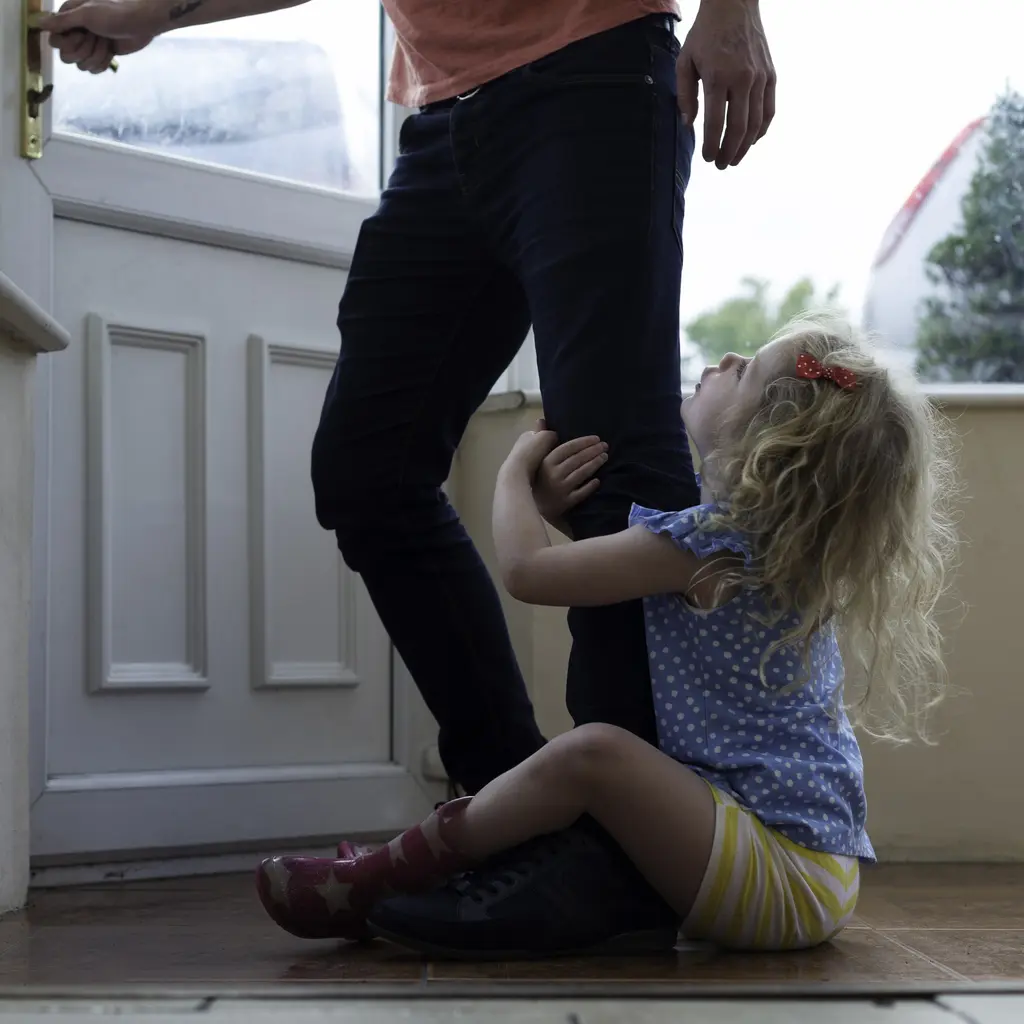As a parent, my primary duty is to ensure the safety and well-being of my child. Unfortunately, the judicial system, specifically Judge Craig McCarthy, has failed my daughter, Lizabelle, in the most critical ways. This blog post aims to shed light on the negligence and lack of response from Judge McCarthy, which has directly contributed to my daughter’s ongoing trauma and abuse.
A History of Neglect and Abuse
Following a trial, I was awarded majority time-sharing with Lizabelle. However, her mother, diagnosed with bipolar disorder, appealed the decision, which was dismissed. Despite this, she has made numerous unsubstantiated calls to the Department of Children and Families (DCF) and has kidnapped Lizabelle multiple times, taking her across the country to file false restraining orders against me—all of which were denied.
The Role of Judge McCarthy
In December, Judge McCarthy ordered Lizabelle’s return to me after a kidnapping incident but then mandated her return to her mother for winter break shortly thereafter. This decision was made despite the clear danger posed by her mother, who had previously shaved Lizabelle’s head and hidden her for ten months.
Currently, Lizabelle resides in Orlando with her mother and her uncle, who has sexually abused her. Despite filing motions months ago, including a request for a guardian ad litem and a petition for relocation, Judge McCarthy and his assistant have ignored my attempts to set a hearing. This negligence has led to another kidnapping incident, with the mother refusing to return Lizabelle as per the original court order and parenting plan.
Ignoring the Danger
Judge McCarthy has prohibited me from taking Lizabelle out of Florida, despite our court order and parenting plan stipulating our residence in San Diego. Lizabelle has attended six different schools in the past two years due to her mother’s repeated kidnappings and relocations. This instability has severely impacted her education and emotional well-being.
Why Decisiveness Matters in Family Court
Decisiveness in family court cases is particularly crucial, especially in situations involving the safety and well-being of children. Here are several reasons why:
- Immediate Protection: In cases where a child is at risk, such as when a parent has a history of drug abuse or has kidnapped the child, swift and decisive action is necessary to protect the child from immediate harm.
- Stability and Continuity: Children need stable and consistent living arrangements to thrive. Decisive decisions help minimize disruptions in the child’s life, such as frequent relocations or changes in guardianship.
- Emotional and Psychological Well-being: Prolonged legal battles and uncertainty can be traumatic for children. Decisive rulings help provide closure and reduce the emotional stress associated with ongoing legal disputes.
- Legal and Procedural Efficiency: Decisive judges ensure that hearings and rulings are conducted promptly, reducing the backlog of cases and ensuring that justice is served without unnecessary delays.
- Accountability and Enforcement: Decisive rulings hold abusive parents accountable for their actions, ensuring that they face appropriate legal consequences and that protective measures are enforced.
Supporting Children Who Have Experienced Trauma
Supporting children who have experienced trauma during legal proceedings is essential for their recovery and well-being. Here are some effective strategies:
- Trauma-Informed Care: Legal professionals should be trained in trauma-informed care to understand the impact of trauma on children and how to interact with them sensitively.
- Mental Health Support: Provide access to licensed therapists and counselors who specialize in trauma. Therapy can help children process their experiences and develop coping strategies.
- Legal Advocacy: Appoint a guardian ad litem or a child advocate to represent the child’s best interests in court. This ensures that the child’s voice is heard and their needs are prioritized.
- Educational Stability: Work to maintain educational stability by minimizing school changes and providing support within the school environment.
- Community and Family Support: Offer family counseling to help the entire family understand and support the child’s healing process.
- Judicial Practices: Encourage judges to adopt trauma-informed practices and make timely decisions that prioritize the child’s safety and well-being.
- Public Awareness and Advocacy: Advocate for public awareness about the impact of trauma on children and the importance of trauma-informed care in legal settings.
Conclusion
I urge anyone reading this to share our story and help us seek justice for Lizabelle. The judicial system must be held accountable for its failures, and Judge McCarthy must answer for the harm caused by his negligence. By raising awareness and advocating for decisive and trauma-informed judicial practices, we can protect our children and ensure they receive the justice and support they deserve.

Leave a Reply